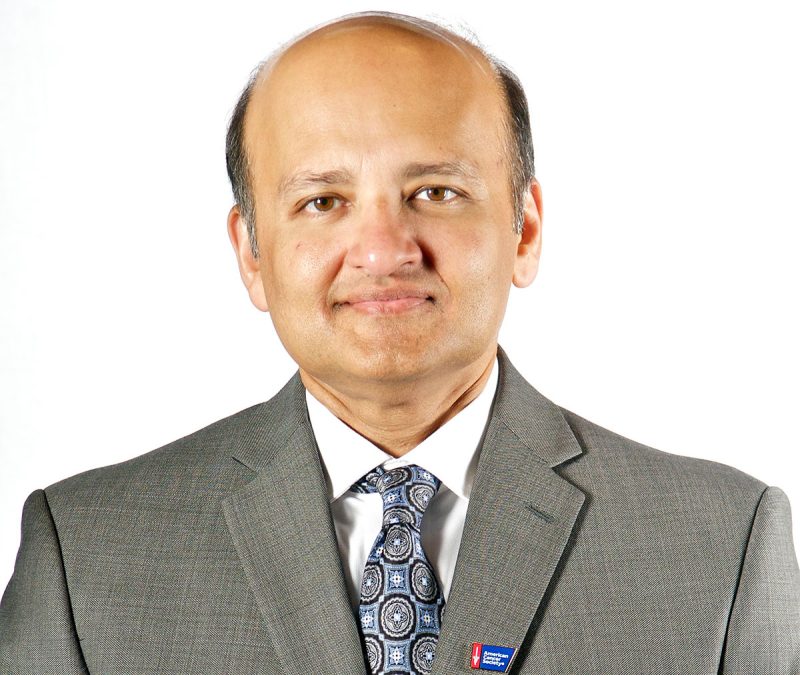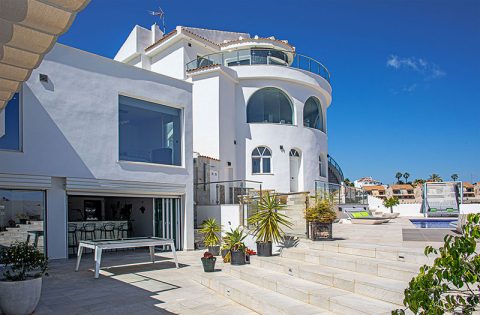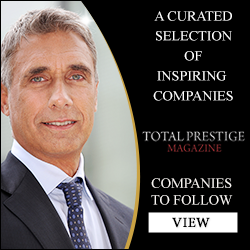Dr. Amit Kumar has been a leading figure in the technology industry for several years. Currently, he is the Chairman, President and Chief Executive Officer of ITUS Corporation, a group attempting to change cancer detection as we know it. His invention, Cchek™, can detect cancer in its early stages, and Dr. Kumar’s organization hopes to develop this simple, inexpensive blood test to give patients results quickly. It is a revolutionary plan, and one that Dr. Kumar hopes will change the lives of millions of people. If his invention can detect cancer in its early stages, millions of lives can be saved.
A graduate of Caltech, Dr. Kumar has worn many hats as a professional. Investor, founder and director, Dr. Kumar has worked tirelessly in the technology industry to create new inventions that will help progress medicine. His Cchek™ plaform could be possible in the near future, and Dr. Kumar hopes it can the way we look at cancer.
Tell us about ITUS Corporation and the Cchek™ platform?
ITUS is a biotech company that is developing a technology for early cancer detection. We all know that if one can catch a tumor at the earliest stages of development, the outcome for the patient is much better, and the treatment approach is easier and more economical. The challenges with most early forms of cancer detection or screening is that they exhibit poor performance, they are invasive, or expensive. ITUS is seeking to develop a test that is simple for the patient, is inexpensive, and exhibits better performance than other tests.
Our test monitors subtle changes in the immune system that occur in tumor bearing patients. We perform this monitoring by utilizing a technique known as flow cytometry to study subsets of immune cells – white blood cells. Additionally, we use artificial intelligence to perform the analysis, enabling objective, multi-parametric analysis that is not possible by individuals.
What is your most recent development?
We have shown proof-of concept for our technology and demonstrated that our approach may work with all cancer types. While we have not tested every cancer type, we have tested 15 different types including the major cancers such as lung, prostate, colon, breast, and ovarian. We see indicative signals in all 15 types, leading us to believe that we will see these signals for all cancers. Such a platform could be very powerful. While there is a lot of work we still need to do, we can dream of a future where a blood test might be able to identify any kind of cancer.
What do you have your sights set on next?
Near term, our goal is to pick one cancer type on which to focus. For a number of reasons, we will probably pick either breast cancer or prostate cancer. Once we have chosen, we will have to study a statistically significant number of patients and compare with healthy controls, as well as benign diseases.
What is the most challenging part of your work?
I believe the most frustrating aspect of my job is the rate at which science progresses. We know that the faster we complete our tasks, the more lives we will impact and save. While we feel we are making great progress, medical research and the corresponding regulatory pathway will take a couple of years.
What was your most rewarding professional experience?
At my last company, we had developed a number of tests that were helping patients. It’s very rewarding to run across people who, when they find out who I am, will tell me that they or someone in their family used one of the technologies that my company had developed. Without asking them the details, I know that the impact of the test was very important.
How do you find inspiration?
Inspiration is all around us. From our families and friends and society at large. Specific acts by individuals, even small, kind and selfless acts are great sources of inspiration. I have recently joined the Board of Directors of the American Cancer Society, and find tremendous inspiration from the mission and activities from the most impactful cancer charity in the world.
Tell us how your career began and what some of the highlights have been.
My original plan was to be a professor, and teach and perform basic research. However, I was fortunate enough to invent some very innovative technology during my post-doctoral fellowship at Harvard. That led me into an industrial career as a scientist, and eventually a CEO and Venture Capitalist. I think the highlight of my career is the ability to span both science and business and know that my work has had an impact.
Were you ever influenced by other entrepreneurs?
I think we are all influenced by entrepreneurs whether we are conscious of it or not. This is especially true for those of us who live and work in the Silicon Valley. One of my hobbies is to read biographies of impactful people whether they were politicians, scientists, military leaders or entrepreneurs. I find that learning about the lives of others provides context for events in one’s own life.
How is a day in your life?
Typically, it involves discussions with our technical team or analyzing data and the results of experiments. I often speak to shareholders, other entrepreneurs and clinicians and patients. Each day is unique, so there is not a typical day.
What makes you smile?
I would have to say my two daughters. They have grown from infants to young women with very strong, distinct personalities.
What scares you?
The US Congress. I did not mean to be so flippant, but the partisan fighting inhibits the ability of our government to function effectively. It appears the days of civility and compromise are behind us.
What is your greatest achievement?
That is a tough question. While I have had a number of career successes, as well as setbacks, I and my wife would both say our greatest achievement is raising two strong, thoughtful and caring daughters, even though it sounds like a cliché. That being said, I would have to ascribe the bulk of the credit to my wife.
What is your secret talent?
I am not sure I have any secret talents, but my daughters tell me that I can tell some funny jokes.
Which historical figure do you most admire?
There are so many. I think I would lean towards leaders who stood strong during times of great duress. People like Abraham Lincoln and Franklin Delano Roosevelt come to mind, but it is a disservice to so many other great men and women, to even name a few.
Do you have any hobbies?
I enjoy reading and am a big football fan.
What are you never without?
Unfortunately, in the modern world I would have to say I am never without my smartphone. I complain about it, but I cannot live without it.
Choose two of your favorite quotes and write them here
Again, there are so many. I will pass on this question for now.
How do you define success?
Success is a journey, not a destination. In different arenas, success is sought differently. It could be social impact, financial return, or something else completely.
What advice would you give to anyone starting a new business?
Listen to everyone’s advice and seek it out. Don’t follow all the advice, but hear everyone’s story. Then cull that information through a filter which is the context of your unique life and business. Utilize the knowledge to make better decisions for yourself.
For more information on ITUS Corporation and the work of Dr. Amit Kumar, please visit www.ITUSCorp.com.











